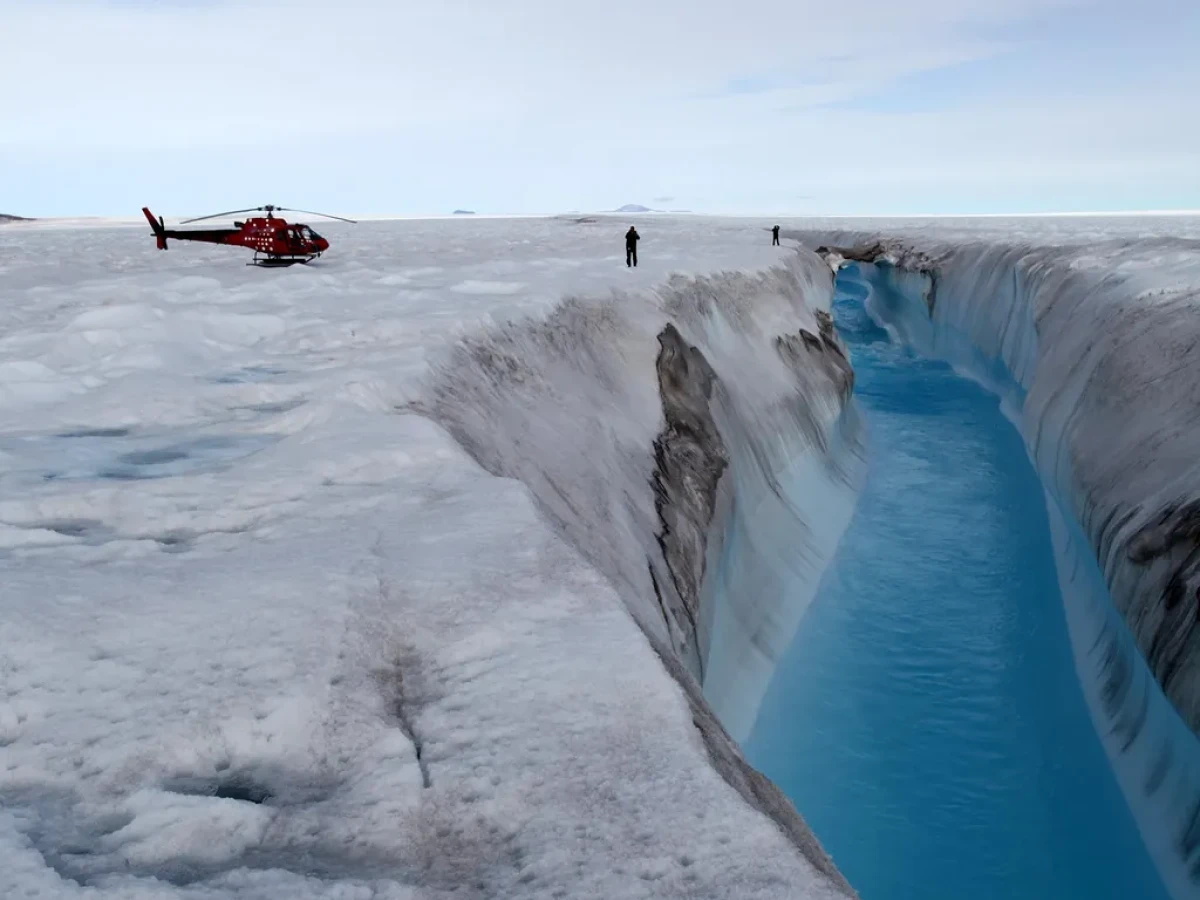
Study reveals sea levels to rise by half a metre
Every year, an increasing number of Maldivian islands experience flooding by swelling waves.
By
Azuhaar Abdul Azeez
In a new study, scientists say Earth’s oceans are already locked into nearly 10.8 inches of sea-level rise from Greenland’s melting ice sheet, even if humans stopped emitting planet-warming greenhouse gases today.
The study was published in November while countries were negotiating at the 27th Conference of Parties to the United Nations Framework Convention on Climate Change (COP27) in the Egyptian coastal city of Sharm el-Sheikh. The summit, building on the outcomes of last year's COP26 climate change gathering in Glasgow, Scotland, seeks to identify solutions for a vast range of climate-related emergencies, including the energy crisis and the increasing severity of extreme weather events.
Greenland is the world’s largest source of sea-level rise from melting ice, according to the Washington Post. The island is virtually the size of Alaska, blanketed by an ice sheet that’s one to two miles thick. Since 2000, melt rates have accelerated in Greenland, as Arctic temperatures are rising faster than in other parts of the globe. If all of Greenland’s ice melts, scientists agree, Earth would be in for about 20 feet of rising seas.
If confirmed, the findings will have consequences for current sea level rise predictions, which foresee global ocean levels rising by 8 to 38 inches (22 to 98 cm) by the end of the century. The actual sea level rise is likely to be much more significant, the authors concluded, which will have catastrophic consequences for residents in low-lying regions and coastal areas around the world.
Among these low-lying threatened regions is this Maldivian archipelago. Every year, an increasing number of Maldivian islands experience flooding by swelling waves. This year, huge waves crashed into the middle of the streets in A.Dh. Dhigurah, the atoll next door to the capital atoll. Residents were deeply alarmed as they had not experienced flooding of the sort in decades.
The news of rising sea levels, predicted to rise by 10 inches within this century alone, is devastating to the island nation, where most islands are peeking above the waves just a metre above sea level. In flood-prone islands such as G.Dh. Madaveli in the south of the Maldives, the situation is likely to get worse every passing year.
Questions arise now, if it is time the government of Maldives gave thought to relocating the population of the country. Or is the government going to spend more on constructing and strengthening seawalls around the islands?
Related
Related

Maldives seeks to take advantage of climate compensation fund

COP deal delivers landmark on 'loss and damage', but little else

Twenty dead, 5 million affected in Bangladesh floods

